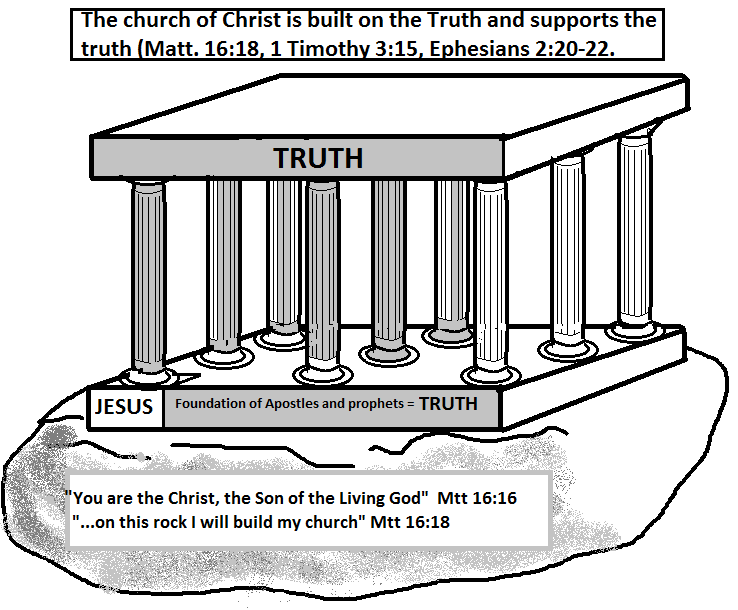Armadale church of Christ, meeting at the Armadale Community Family Centre, 101 Challis Rd, Armadale, Western Australia.
Service times are 10AM and 5:00PM Sundays.
Please note that we are not conducting mid-week services for the time being.
To submit a question or comment, please click here.
Service times are 10AM and 5:00PM Sundays.
Please note that we are not conducting mid-week services for the time being.
To submit a question or comment, please click here.



 RSS Feed
RSS Feed